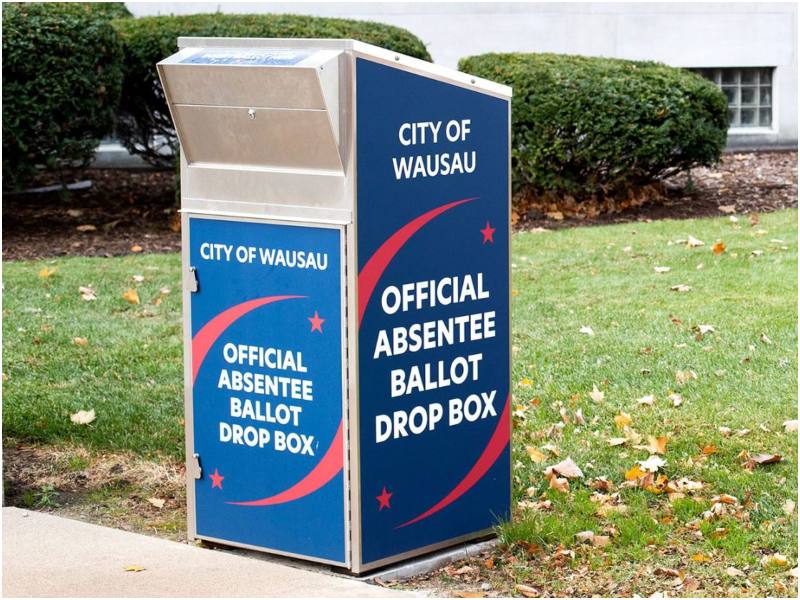In a significant decision that is sure to impact upcoming elections, the Wisconsin Court of Appeals on Thursday, July 11, 2024, affirmed the majority of a lower court ruling allowing absentee ballots with address discrepancies to be counted.
This judgment is anticipated to significantly reduce the number of rejected ballots in the state.
The case centers around the interpretation of the address requirement for absentee ballot witnesses, stemming from a January 2024 ruling.
According to Wisconsin law, absentee ballots must be completed in the presence of a witness who must sign the ballot and provide their address.
The law mandates that an absentee ballot certificate includes the witness’s address for the ballot to be valid. If the certificate is improperly completed or lacks the address, municipal clerks are required to contact the witness for correction.
Organizations like Rise Inc., which focuses on youth engagement, have criticized these stringent requirements.
The three-judge panel’s unanimous decision requires witness certificates to contain a sufficient address to identify where the witness can be contacted.
This ruling modifies the trial court’s earlier standard, which deemed an address sufficient if a “member of the community” could reasonably locate the witness, shifting some discretion back to the municipal clerks.
Rise Inc. argued for a broader interpretation of the address requirement, highlighting issues faced by mobile populations like college students.
They contended that strict criteria, including street name, number, and municipality, were too rigid and not explicitly defined under state law.
Absentee voting remains a contentious issue in many states. Recently, the Wisconsin Supreme Court allowed the use of absentee ballot drop boxes for the upcoming general election, reversing a 2022 decision that limited their use.
Additionally, a federal judge in Mississippi is deliberating on whether to permit counting mail-in ballots up to five days post-election, a measure temporarily adopted during the pandemic.
Wisconsin continues to grapple with electoral challenges beyond absentee ballots.
In December, the state’s Supreme Court ruled in a narrow decision that the existing electoral map was unconstitutional, requiring redistricting before the 2024 elections.
Thursday’s appellate court decision will affect the state’s August primary and the November general election, marking a crucial development in Wisconsin’s election law landscape.

